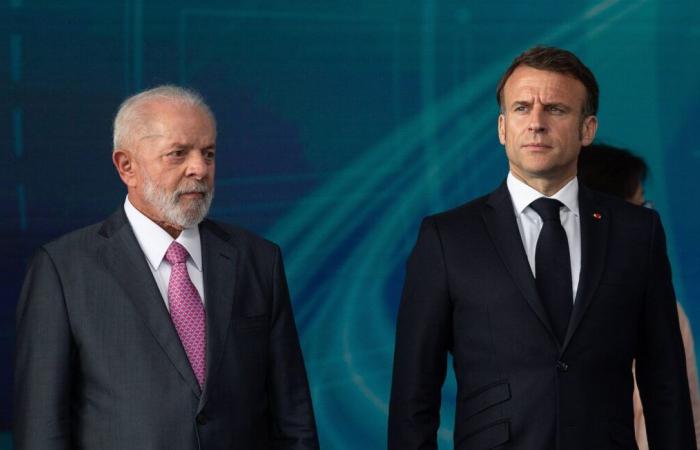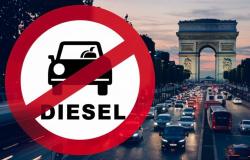
Amidst the anger of farmers in Europe, particularly in France, the standoff continues over the agreement between the European Union and Mercosur. And on this issue, the President of Brazil is counting on Brussels to obtain a signature as quickly as possible.
Luiz Inacio Lula da Silva thus announced on Wednesday that Paris does not have the power to prevent the treaty because it is the European Commission which “decides” on behalf of the 27 member states. The President of the Commission “Ursula von der Leyen has the prerogative to have this agreement signed and I intend to sign it by the end of the year,” he added during a conference regarding the industry in Brasilia.
The National Assembly does not want the agreement
On Tuesday, French deputies approved by 484 votes to 70, by a non-binding vote, the position of the government, which strongly opposes the signing of the agreement as it stands, against a backdrop of demonstrations by French farmers fearing unfair competition from South American products, particularly Brazilian ones.
Lula's comments also come after the outcry in Brazil over a letter sent a week ago by Carrefour CEO Alexandre Bompard saying the supermarket chain “would not sell any meat from Mercosur” in France. This announcement was followed by calls for a boycott and the suspension by Brazilian companies of the supply of meat to Carrefour group stores in Brazil, where the French distribution giant achieved 23% of its turnover. last year.
Backpedaling Carrefour
On Monday, Alexandre Bompard made his mea culpa in a letter addressed to the Brazilian Minister of Agriculture, Carlos Favaro. “If Carrefour's communication in France caused confusion and was interpreted as calling into question our partnership with Brazilian agriculture, we apologize,” wrote the CEO of the French group, while praising the “high quality” of Brazilian agricultural products.
Our file on the Mercosur Agreement
The outlines of the European Union's agreement with Mercosur countries (Argentina, Brazil, Paraguay and Uruguay) were finalized in 2019, but some EU countries, including France and Poland, are joining in. oppose, fearing that it will affect their agricultural sectors.





